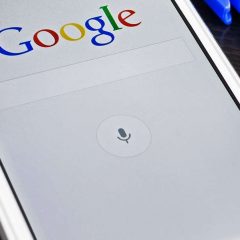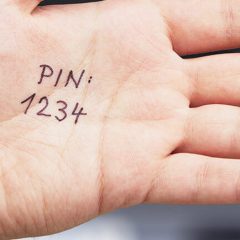Two-Step Authentication Is Already in Instagram
Few days ago it became known that Instagram starts rolling out two-factor authentication. At first, a beta version of 2FA was tested by a small number of selected users. But now two-step authentication becomes available to everyone. But what is the most surprising about this news is that the popular social network has moved to it so slowly. After all, two-factor authentication has long been an integral part of data protection of all...
Mobile Trojan Virus Android.Bankosy Intercepts One-Time Passwords
We store a lot of important information in the network: personal correspondence, photos, documents. For the most part, these are spiritual values – precious memories and the fruits of hours-long labor. But the Internet also stores rather concrete financial ‘matters’: our money. Today many people use online banking, as it is convenient to transfer funds, to pay for the services, and to control your accounts online. It is no...
Strong Authentication Methods in 2016
At the beginning of the new year, everyone is trying to predict what it will bring: what trends will prevail in the economy and politics, what outfits will be the most fashionable, what books will possess the minds and souls, how inventors and developers will surprise and delight fans of technological progress. Let’s try to predict how the technologies and strong authentication methods would develop in 2016, what new things are...
Will Google’s Authentication without Passwords Be Safe?
I guess that’s not only me, who’s tired of passwords: we should remember them, they should be strong enough not to be guessed or brute forced, and even more, they should be different for each website. But it has recently turned out, that not only I think so. A few days ago I have come across the information that Google is testing a new system of authentication without passwords that will allow refusing the password entry...
Will Passwords Survive?
In a rapidly changing world, even the things that seem unshakable and undeniable can change. One of such things is passwords. We got used to them so much that it is even strange to question their necessity. But, let’s try. Do we really need common reusable passwords? The network is overloaded with discussions about passwords’ downsides and low level of protection. Even the beginner at hacking can hack the majority of passwords....





